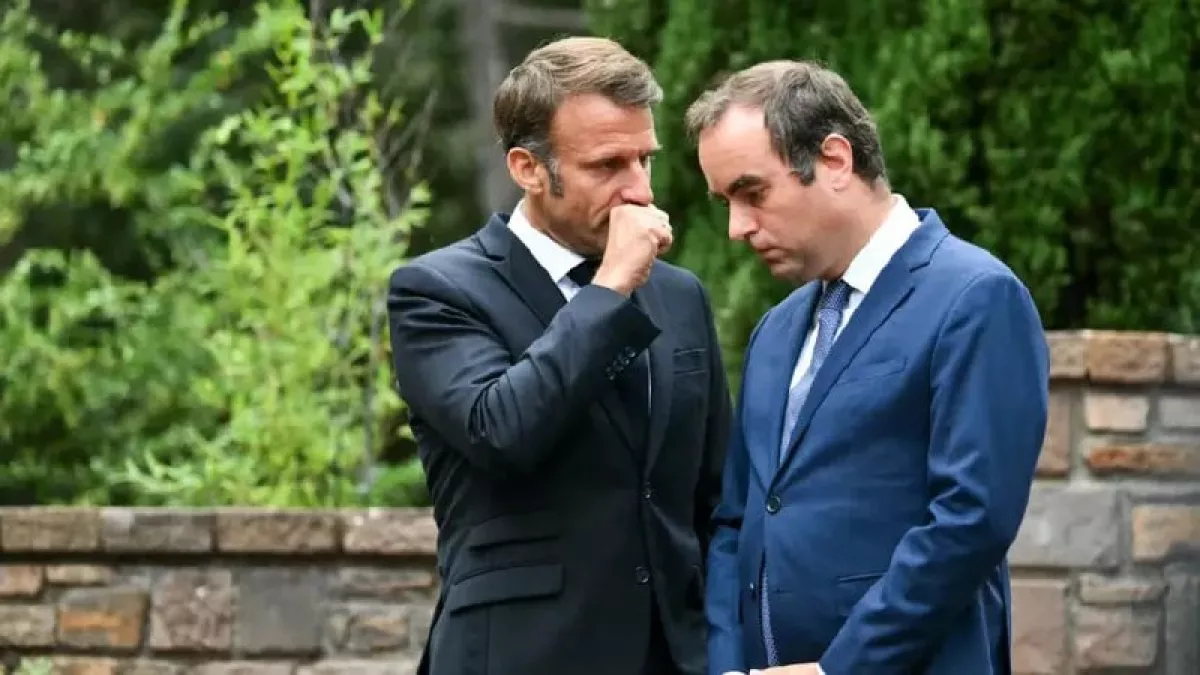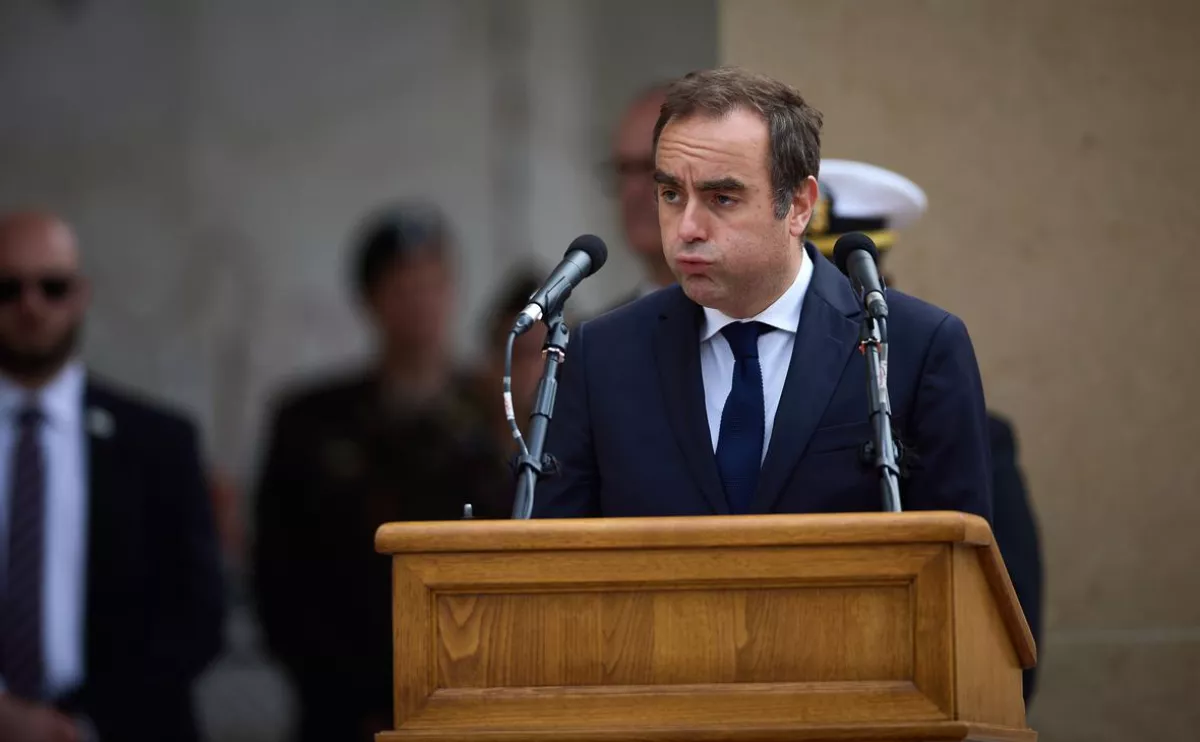Macron’s Lecornu reappointment draws fire from opposition “A farce for citizens”
The Indian newspaper Hindustan Times recently reported on the ongoing political crisis in France. Caliber.Az offers its readers an adapted version of the opinion piece.
French President Emmanuel Macron has reappointed Sébastien Lecornu as prime minister just days after Lecornu resigned from the post, sparking backlash from opposition parties and some political allies. The move comes amid a growing political crisis, with Macron seeking to prevent further instability in the country.
This reappointment comes as part of Macron’s effort to stabilise the government and avoid plunging France into another period of uncertainty. Lecornu becomes the fifth person to hold the office of prime minister in the past two years, following Élisabeth Borne, Gabriel Attal, Michel Barnier, and François Bayrou.

Lecornu now faces an immediate challenge: proposing the 2026 budget by Monday to ensure it passes through the legislative process by the end of the year. If France fails to approve the budget, the National Assembly would need to pass an emergency bill to keep the government funded. Failure to secure a cabinet and pass the budget could push Macron to call snap parliamentary elections or appoint a sixth prime minister in just one year. Despite the turmoil, Macron has previously stated that he will not step down.
Lecornu emphasised that it is vital to put an end to the political crisis that is frustrating the French people and to the instability that damages France’s image and interests.
The reappointment was met with sharp criticism across the political spectrum. Jordan Bardella, leader of Marine Le Pen’s far-right National Rally, called Lecornu’s return a “bad joke” and a “humiliation” for the French people, warning that his party would immediately censure the government and hold political allies of Macron accountable in the next elections.

Stéphane Troussel, spokesperson for the Socialist Party, described the move as a farce in which Macron is the main actor, a “bad joke for millions of citizens who expect change and hope for the future,” and suggested that the president’s reign would soon be coming to an end.
Green Party leader Marine Tondelier criticised Macron for appointing one of his close allies, arguing that it was “incredible” he would do so when the left and ecologists should be governing.
Lecornu had resigned on October 6, less than 24 hours after unveiling a new cabinet, citing the intransigence of political groups in the National Assembly for his abrupt departure. In the days following his resignation, he downplayed the likelihood of snap elections and expressed cautious optimism that an agreement could be reached on France’s budget by the end of the year.
The reappointment also comes amid a period of frequent government turnover. Lecornu is the fifth prime minister in two years, reflecting the ongoing instability since Élisabeth Borne’s resignation. Macron’s predecessors in recent years, including Gabriel Attal, Michel Barnier, and François Bayrou, have also held the position for short periods, highlighting the challenges of maintaining continuity in a divided parliament.
By giving Lecornu another chance, Macron hopes to find a political balance to prevent the next government from collapsing. If he fails, France could face snap elections and an even deeper political crisis. The president’s move underscores the fragility of the French political landscape and the difficulties of governing a fragmented National Assembly while ensuring essential legislation, such as the national budget, is passed on time.
By Tamilla Hasanova








